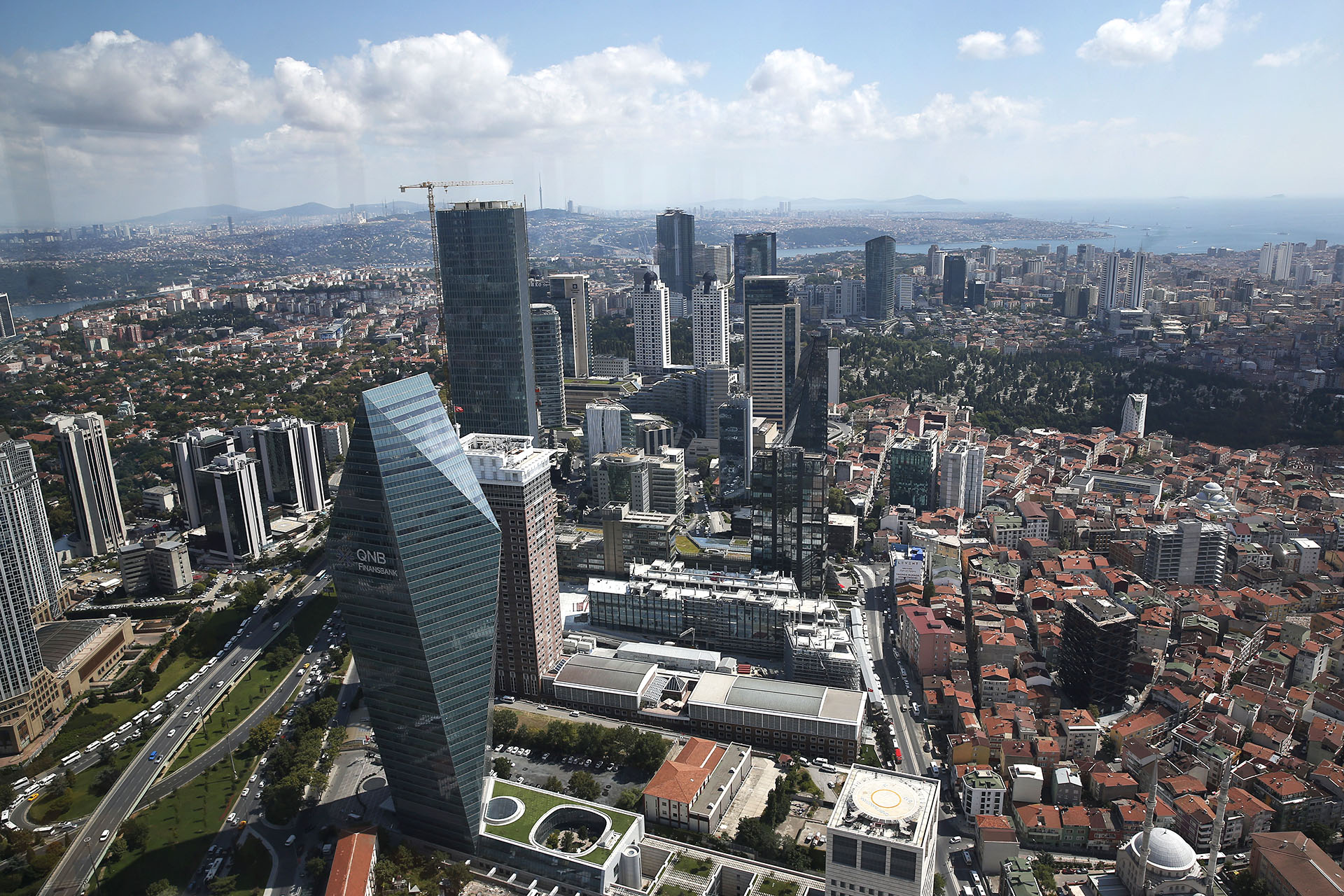The Turkish economy has maintained its high growth performance for 14 consecutive quarters (Associated)
Data released today, Thursday, showed that the Turkish economy grew by 4.5% over the past year, and that it grew in the last quarter of the year by 4% more than expected.
Strong domestic demand offset the impact of the slowdown in major trading partners and the devastating earthquakes in February 2023.
According to the data, the GDP reached 26 trillion, 276 billion, and 307 million Turkish liras ($842 billion).
Thus, the Turkish economy has recorded growth over 14 consecutive quarters.
Data from the Turkish Statistical Institute showed that growth is expected to slow this year.
Thus, Turkey's $1.1 trillion economy has grown much faster than expected, avoiding contraction during a period of two consecutive quarters of the year when the central bank implemented the bulk of its massive interest rate increases.
At the end of last month, the Turkish Central Bank raised the interest rate by 250 basis points to 45%, justifying the move by the need to achieve the desired slowdown in inflation, thus completing the cycle of major monetary tightening.
The bank explained at the time that “the current level of interest rates in Turkey will be maintained until there is a significant decline in the underlying trend of monthly inflation and until inflation prospects converge with the expected range.”
The central bank expects inflation to rise from about 65% in December to 70-75% next May, before falling to about 36% by the end of the year as prices fall due to tightening.
Last month, Turkish President Recep Tayyip Erdogan said that many indicators show that his country is on the right path in the economy.
He explained that many indicators, such as the decrease in the risk premium, the increasing interest of foreign investors in the Turkish market, and the positive outlook of international rating agencies, show that “we are on the right path.”
Source: Agencies

